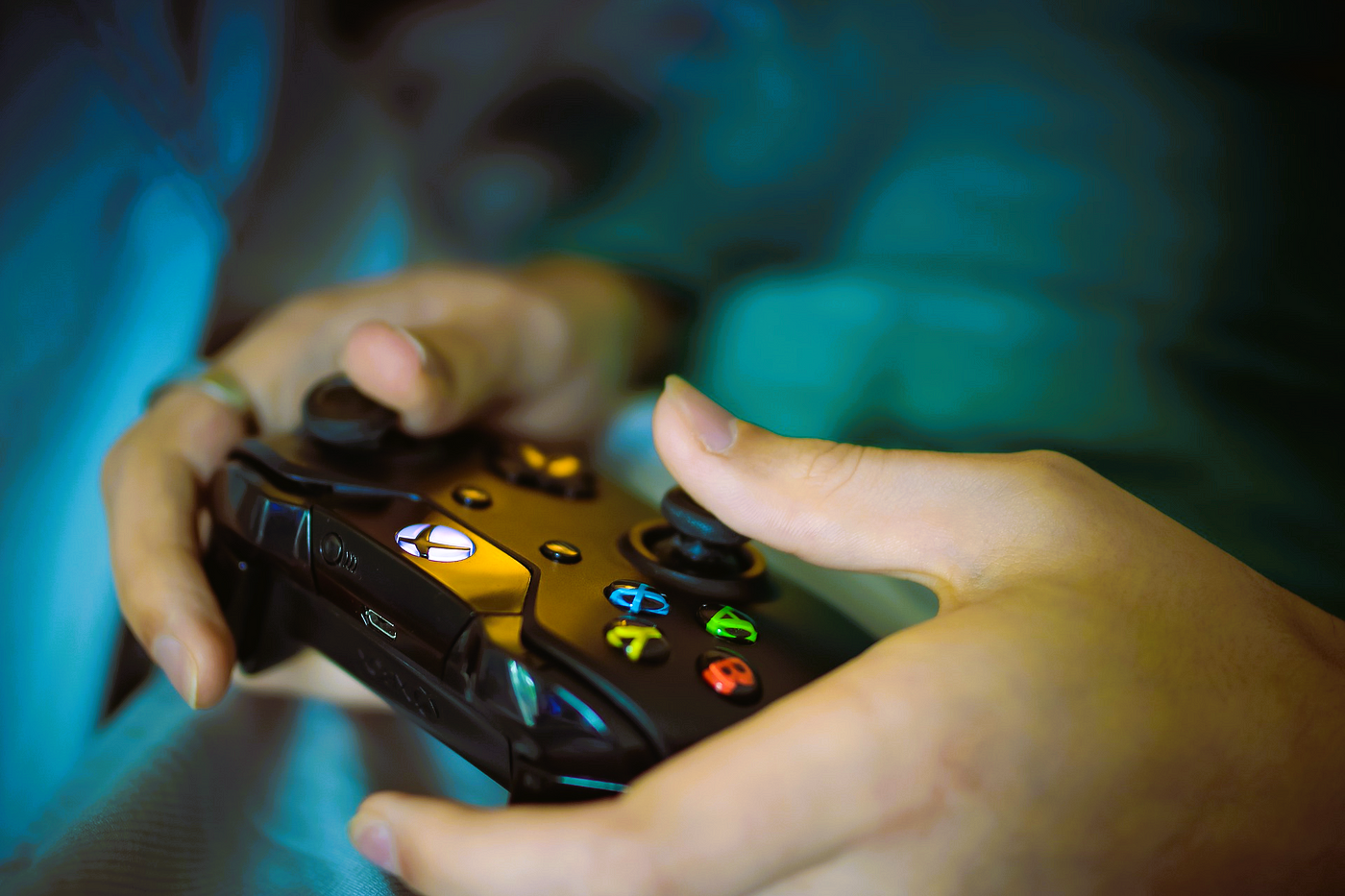Gaming and Mental Health: Debunking Myths and Misconceptions
In recent years, there has been growing interest in the relationship between gaming and mental health, with concerns raised about the potential negative impacts of gaming on psychological well-being. However, amidst the headlines and sensationalized stories, it’s important to separate fact from fiction and debunk some of the myths and misconceptions surrounding gaming and mental health. In this article, we’ll explore the complex relationship between gaming and mental health, examine the evidence, and highlight the positive ways in which gaming can impact psychological well-being.
1. Myth: Gaming Causes Violence and Aggression
One of the most persistent myths about gaming is the belief that it causes violence and aggression in players. This misconception has been fueled by sensationalized media reports and moral panic surrounding violent video games. However, numerous studies have found no conclusive evidence linking gaming to real-world violence or aggressive behavior. In fact, research suggests that the vast majority of gamers do not exhibit violent tendencies and that gaming can actually provide a safe outlet for stress and frustration.
2. Myth: Gaming is Addictive and Harmful
Another common myth is that gaming is inherently addictive and harmful to mental health. While it’s true that some individuals may develop problematic gaming habits, gaming addiction is a complex issue with multiple factors at play, including underlying mental health issues, social factors, and individual vulnerability. Research suggests that gaming addiction affects only a small minority of gamers and that most players are able to enjoy games in moderation without experiencing negative consequences. Furthermore, gaming can provide a sense of enjoyment, social connection, and stress relief for many people, contributing positively to their mental well-being.
3. Myth: Gaming is a Waste of Time
There is a pervasive belief that gaming is a waste of time and has no redeeming value. However, this couldn’t be further from the truth. Gaming offers a wide range of cognitive, emotional, and social benefits that can positively impact mental health. For example, research has shown that gaming can improve cognitive skills such as problem-solving, spatial awareness, and multitasking. Additionally, gaming can provide a sense of accomplishment, mastery, and social connection, especially in online multiplayer games where players collaborate and compete with others.
4. Fact: Gaming Can Improve Mental Health

Contrary to popular belief, gaming has been shown to have positive effects on mental health and well-being. Numerous studies have found that gaming can reduce stress, anxiety, and depression, improve mood, and increase feelings of relaxation and enjoyment. Gaming can also provide a sense of escape and distraction from real-world stressors, allowing players to recharge and unwind after a long day. Furthermore, gaming can foster social connections and support networks, especially for individuals who may struggle with social anxiety or isolation. Did you like our article? Read also about Gaming and Education.
5. Fact: Moderation and Balance are Key
While gaming can have positive effects on mental health, it’s important for players to maintain a healthy balance and practice moderation. Like any form of entertainment or leisure activity, excessive gaming can lead to negative consequences, including sleep disturbances, decreased physical activity, and neglect of responsibilities. By setting boundaries, taking regular breaks, and prioritizing other aspects of life such as work, relationships, and self-care, players can enjoy the benefits of gaming while minimizing the risks to their mental health.
Conclusion
In conclusion, gaming and mental health are complex and multifaceted topics that defy simple categorization. While there are certainly challenges and risks associated with gaming, the evidence suggests that gaming can have positive effects on mental health and well-being when enjoyed responsibly. By debunking myths and misconceptions surrounding gaming and mental health, we can foster a more informed and nuanced understanding of the relationship between the two and promote healthy gaming habits that support mental well-being.
Source: IGN – Video Game


